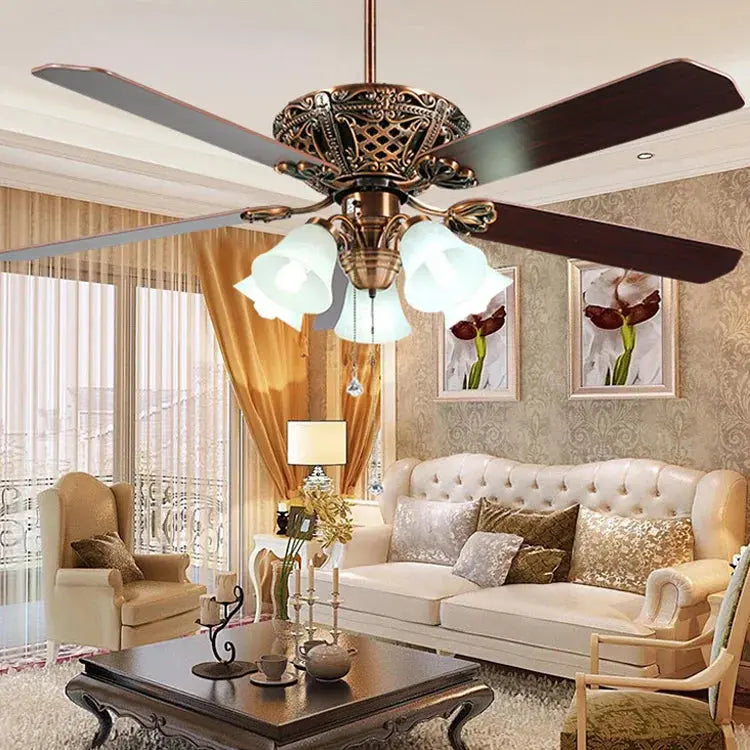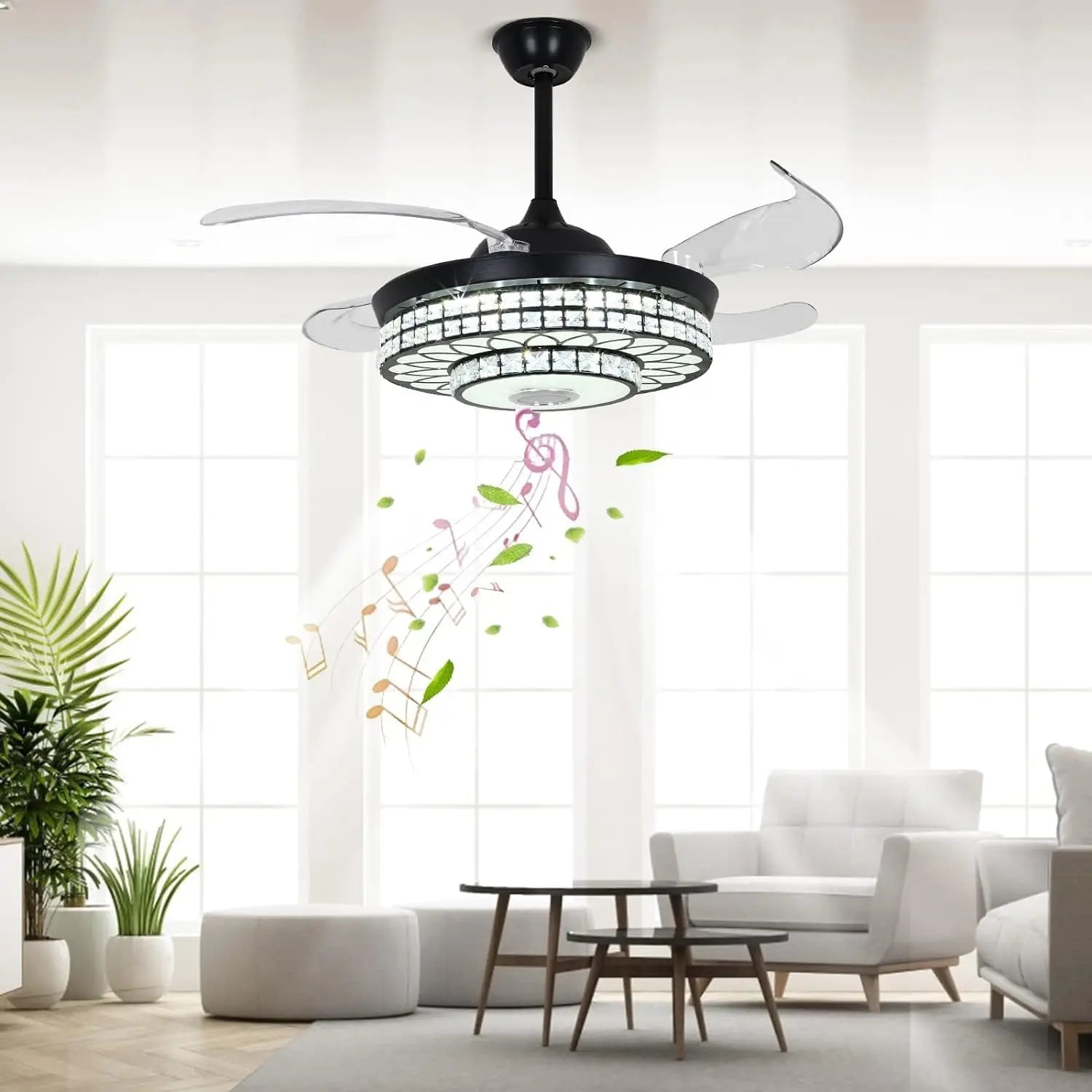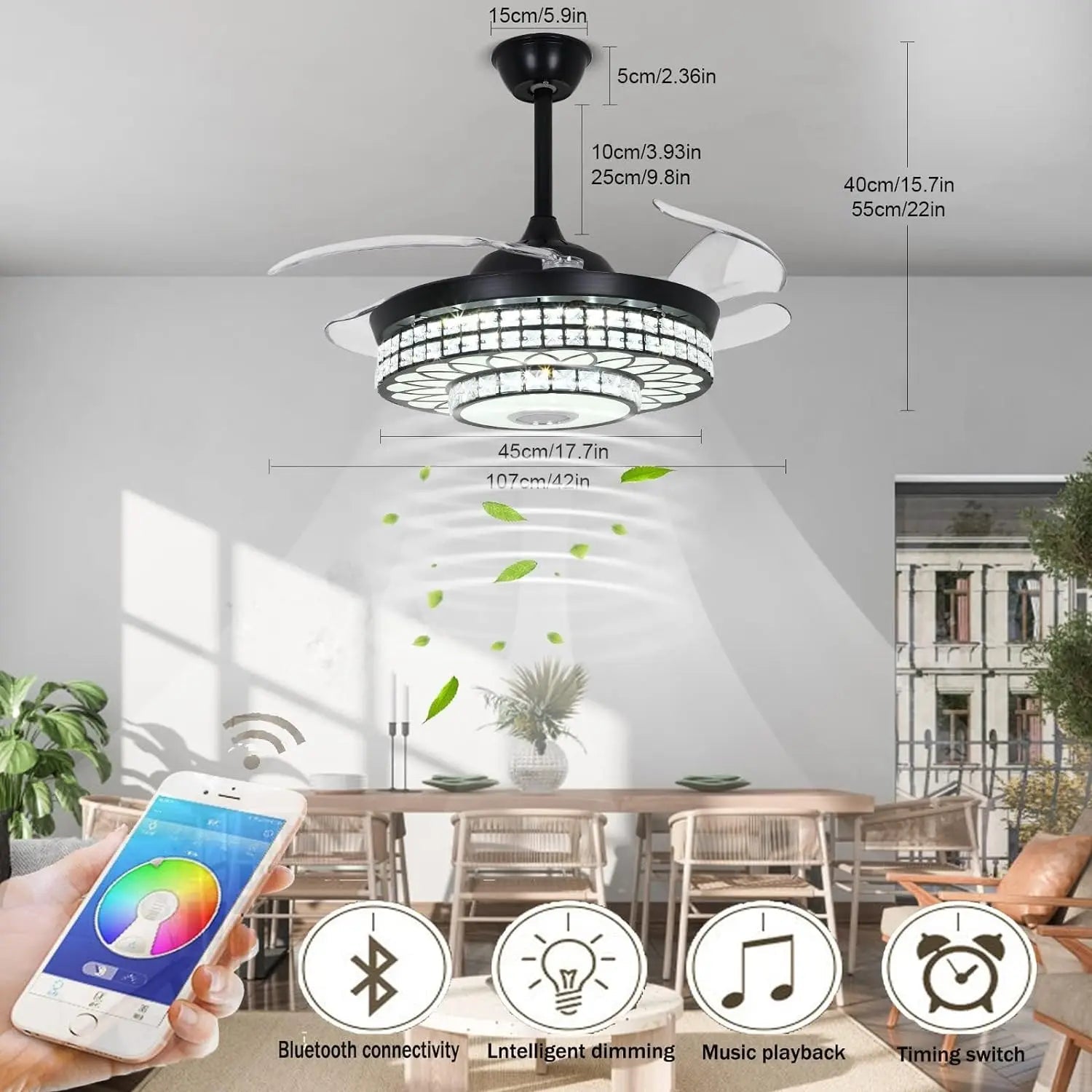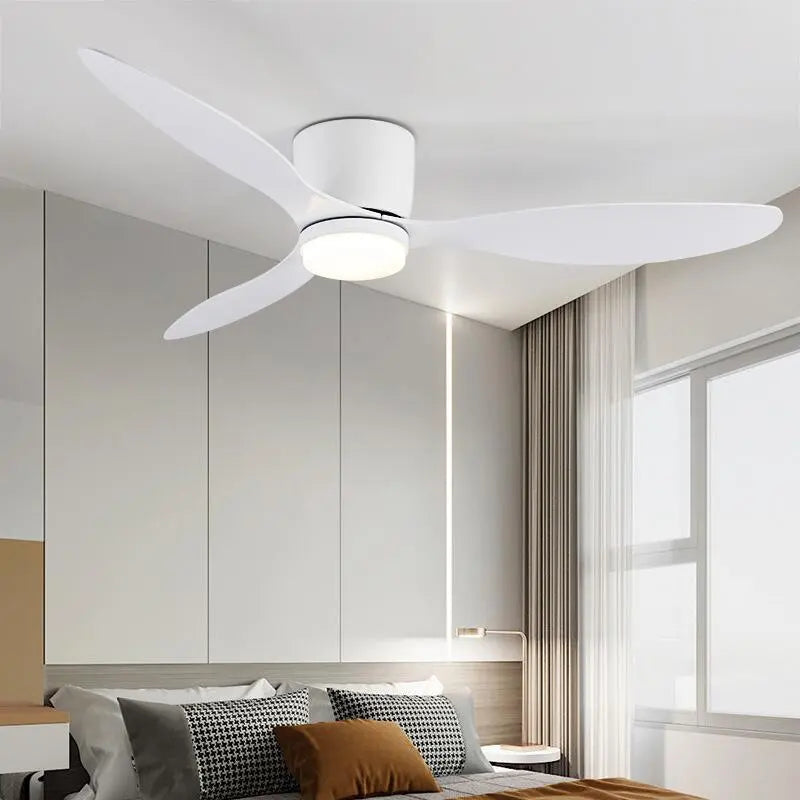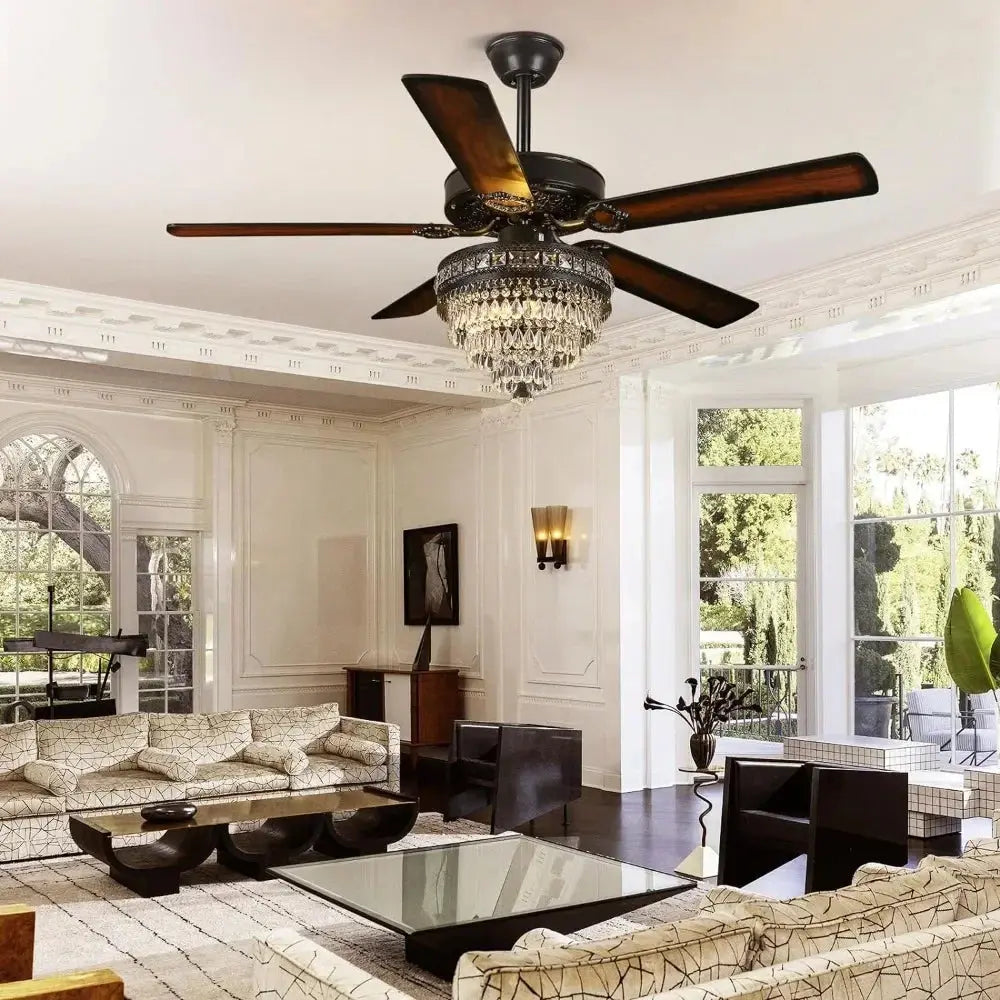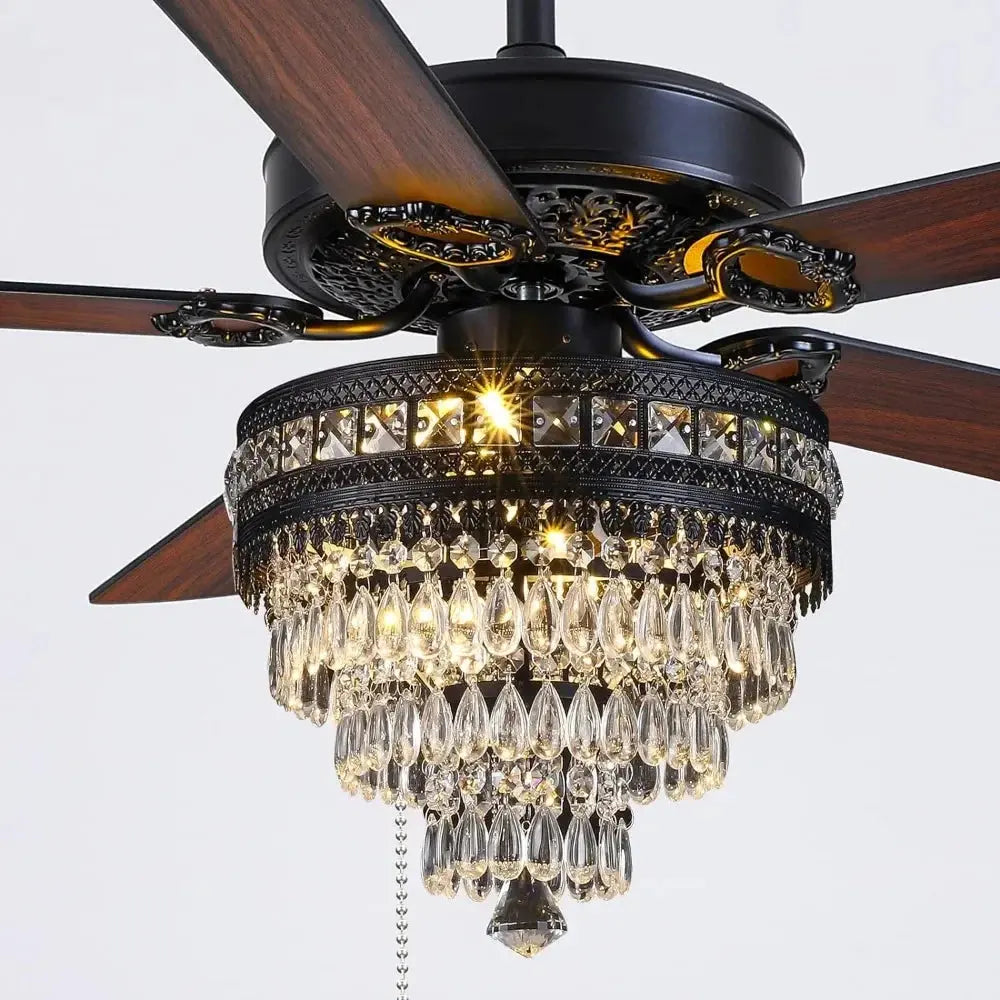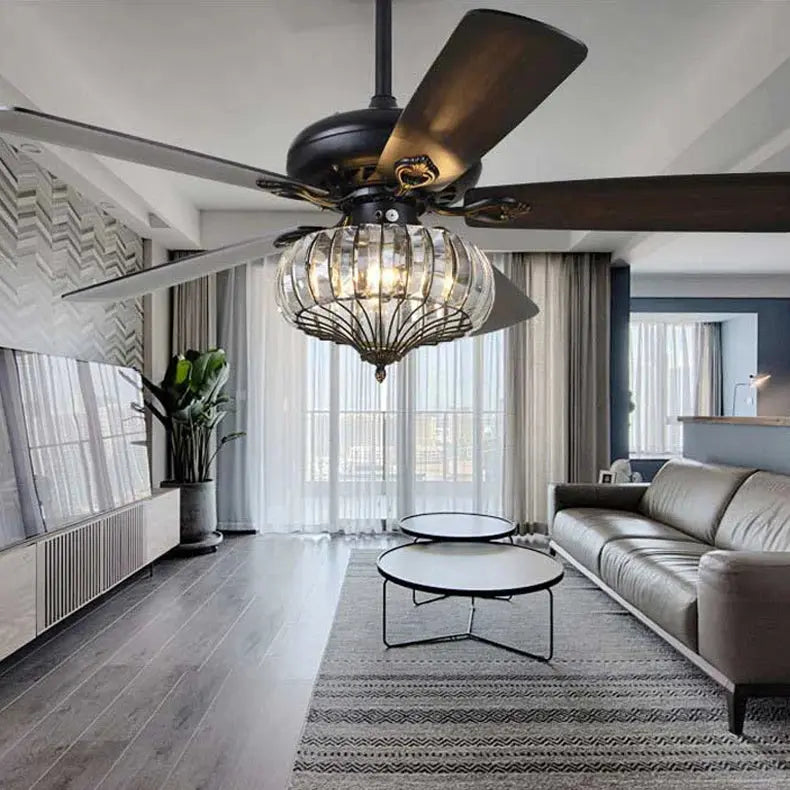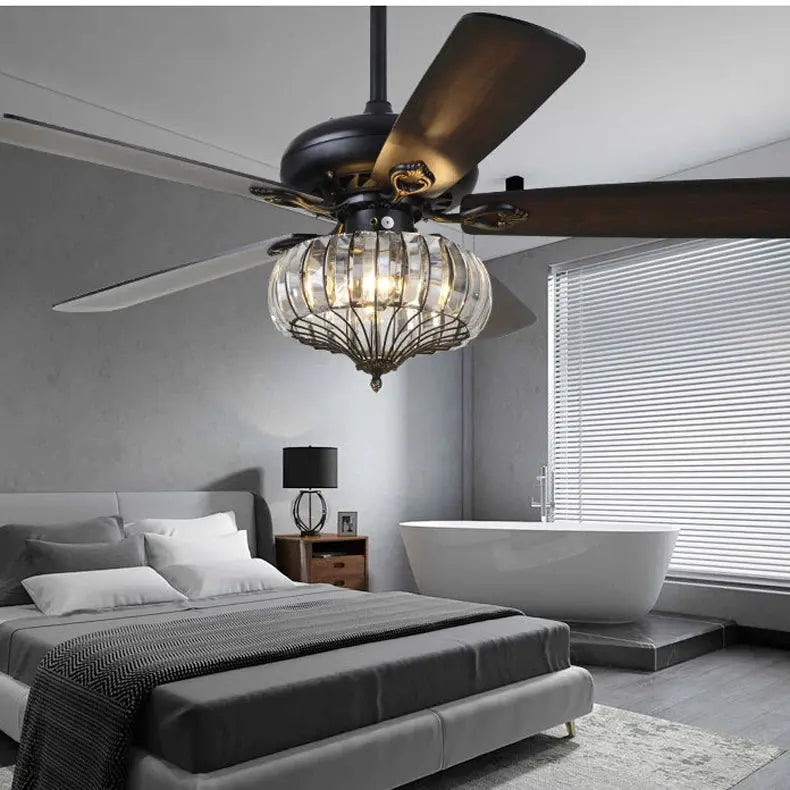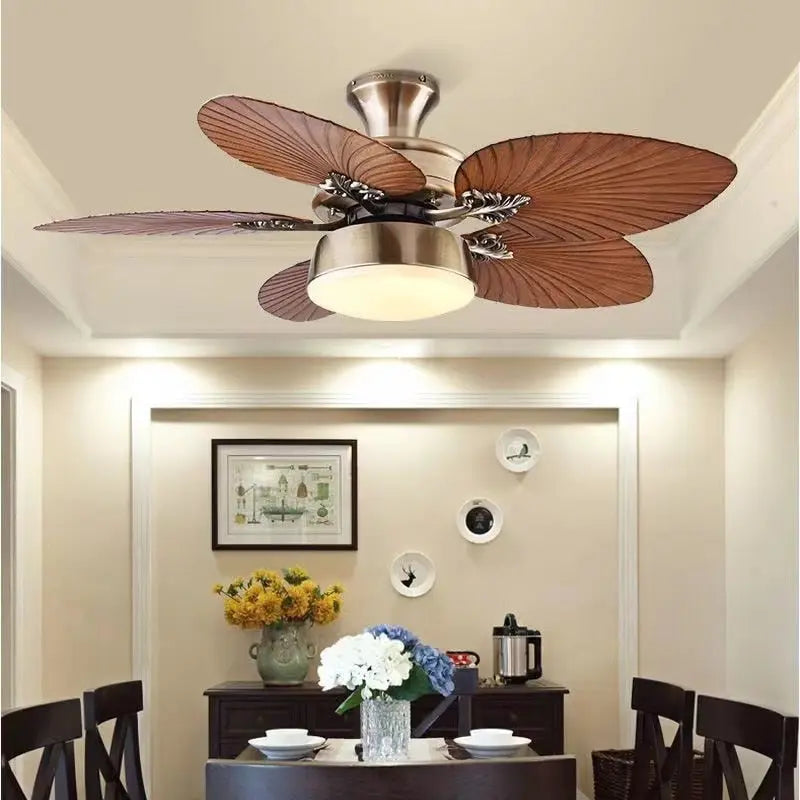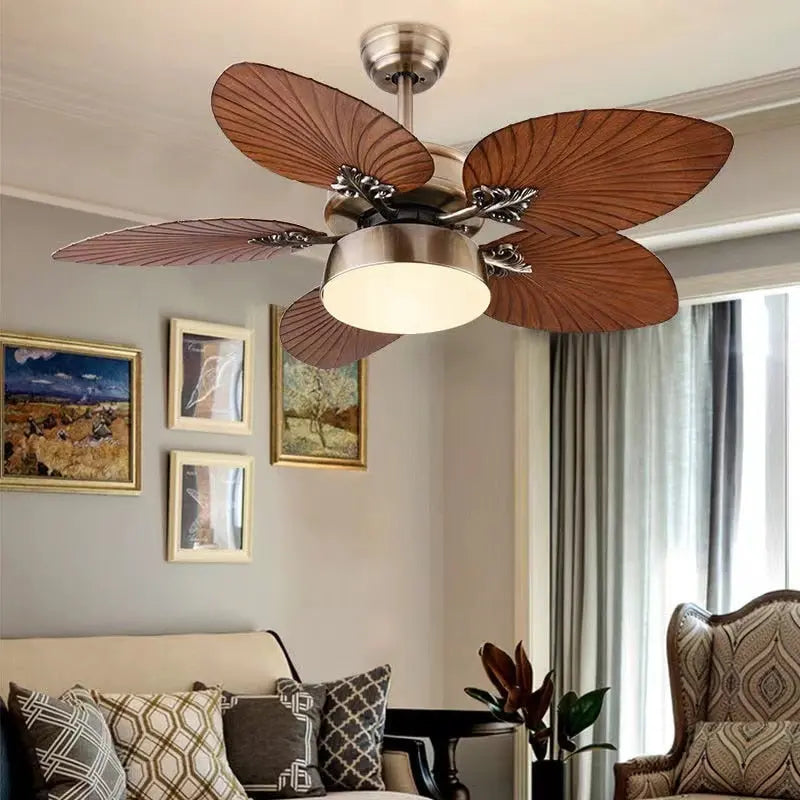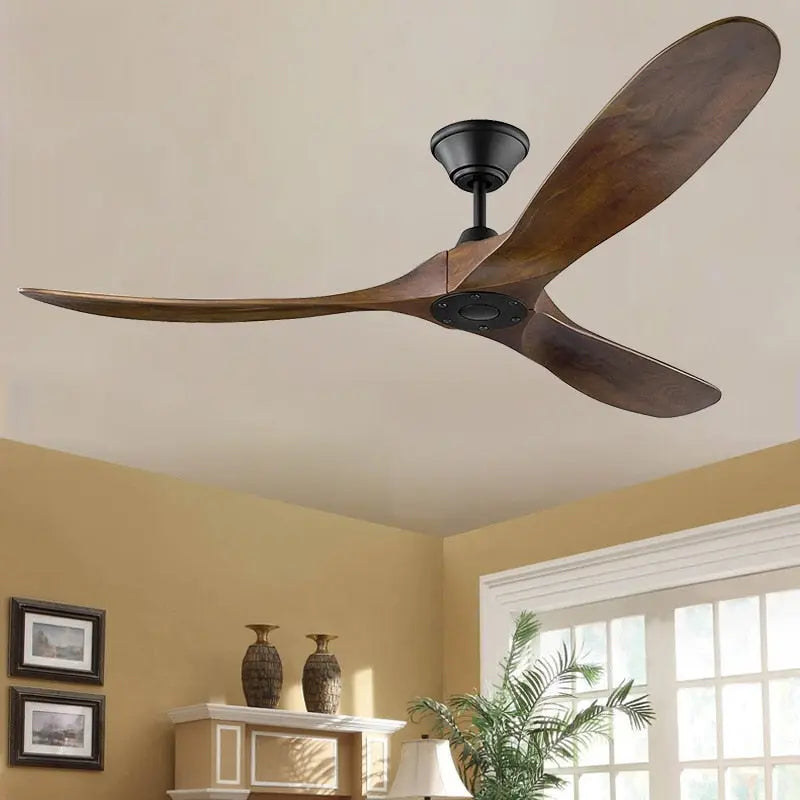HOW TO CHOOSE A CEILING FAN
A good fan makes a room feel cooler in summer and more even in winter while keeping the look clean. Start with the layout and plan layers so the room feels balanced. Use the fan for circulation and pair it with ceiling lights for broad coverage and with wall lights to lift dark corners.
Size and height: Match blade span to the floor area. Small rooms up to about 100 square feet often suit 36 to 44 inches. Medium rooms from 100 to 250 square feet work well with 48 to 56 inches. Large rooms above 250 square feet often need 60 to 72 inches. Keep blade tips at least 7 feet above the floor and aim for about 8 to 9 feet where possible. Use a short downrod for standard ceilings and a longer rod for tall spaces. For tight rooms that need more light without a fan, review our close to ceiling lights.
Motors and controls: DC motors are quiet and efficient and they offer fine speed steps. Choose a control that fits the space such as remote, wall control, or smart pairing. If the fan has an integrated light, confirm dimmer compatibility and match the driver type listed in the specs such as TRIAC, ELV, or 0 to 10 volt.
Placement and ratings: Confirm a slope adapter for angled ceilings and keep blades clear of beams and tall cabinet doors. Use a damp rated model in humid rooms or covered porches and use a wet rated model where rain can reach the fixture. Maintain at least 18 inches from the blade tips to nearby walls for smooth airflow. Check our choose guide.
Quick guidelines
- Airflow targets: select higher CFM for large rooms and open plans.
- Summer and winter: run forward in warm months to cool by wind chill and reverse in cool months to recirculate warm air.
- Light quality: choose 3000 to 3500 K for a crisp but home friendly look and keep one color temperature across the room.
- Cleaning: dust blades and housings with a soft cloth to keep balance and output consistent.
Most orders include free worldwide shipping and 20 day returns. Need help with span, downrod length, or driver type? Our team can review your measurements and recommend options.



